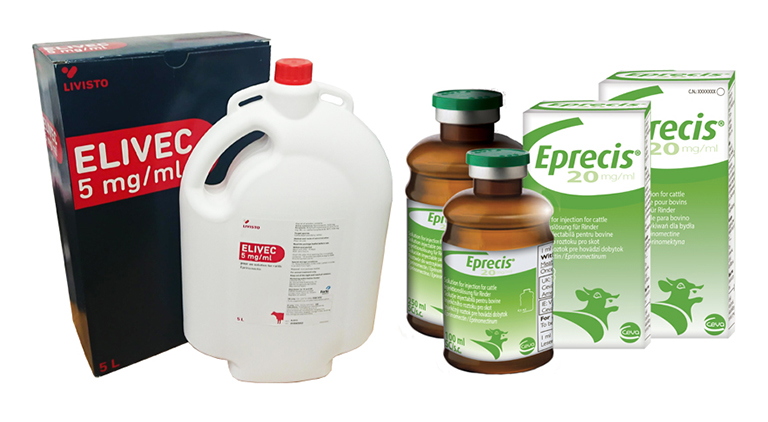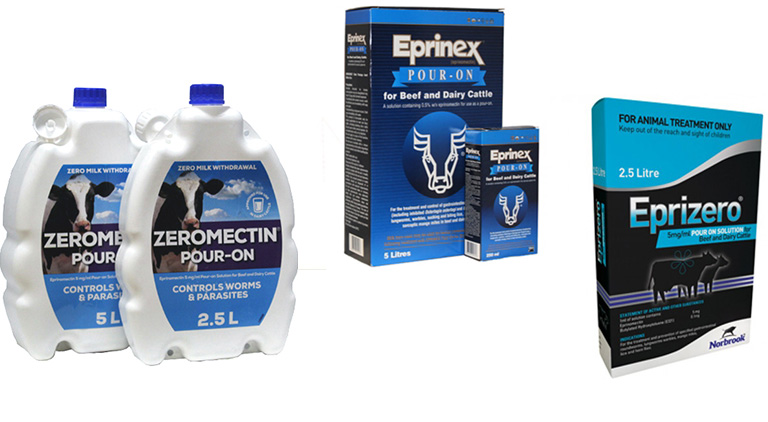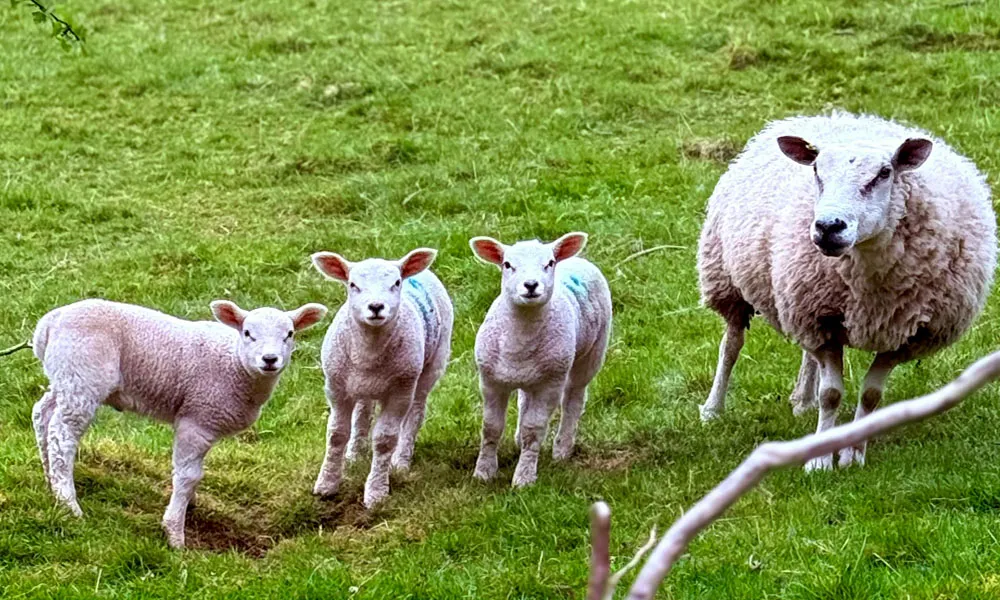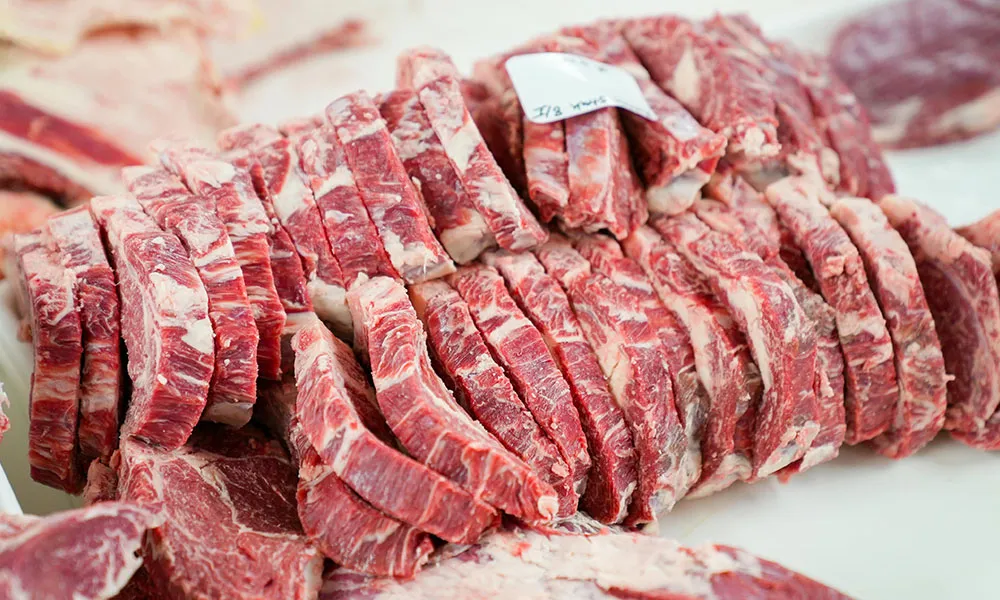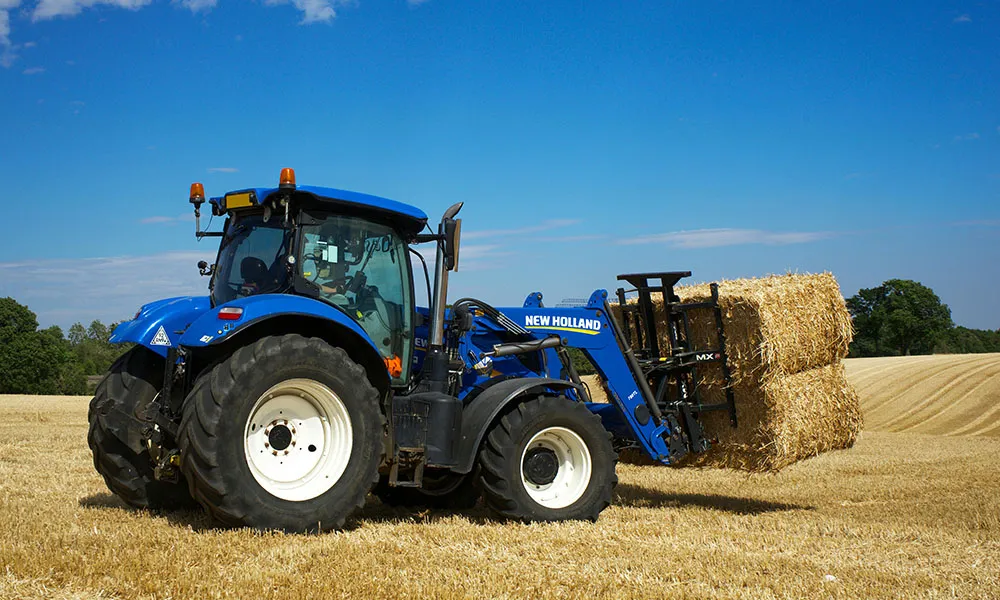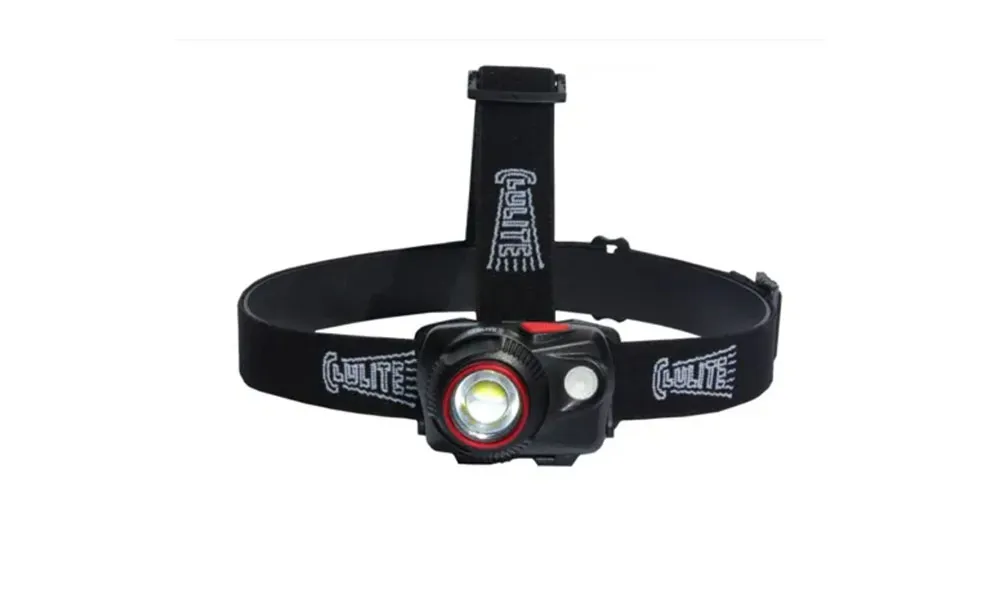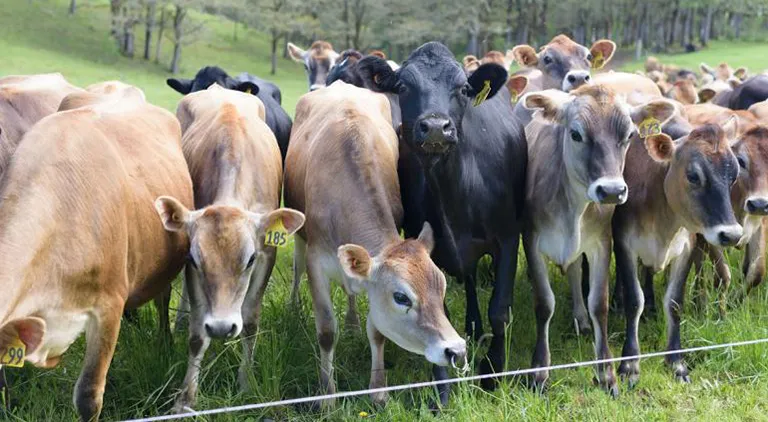
Agridirect offers some advice to farmers on treating gastrointestinal worms this summer.
Peak season on the horizon
As we head towards summer and temperatures begin to rise, farmers will be concerned about the risk of gastrointestinal worms. July is usually considered to be peak season for worms, but with June on the horizon it is not too early to keep an eye out for the first symptoms in your herd. While we generally hold the stomach worm to be an irritant for adult cattle, a bad case can be very dangerous for calves. Weanlings are particularly susceptible to the parasite, which lowers their overall health, and reduces their ability to resist other diseases. Stomach worms are also a scourge on dairy farms, where cattle are grazed intensively and often kept in single age groups. Studies suggest that parasitic worms, such as the stomach worm, are a major source of revenue loss on Irish dairy farms. Animals suffering from a severe infestation are significantly less likely to meet production targets.
Life cycle
As with other endoparasitic organisms, the worm eggs pass out in animal dung. When conditions are fairly warm, as they are at the moment, the eggs are able to develop on the manure. Here, they undergo three stages of larval development. In wet conditions, larvae that have progressed to the third stage migrate from the manure to the grass. It is from here, of course, that they make their way into the cattle as they take to pasture in the spring and early summer. Once they are inside the rumen, the larvae lose their skin and develop into mature adults in the intestines. At this point, the females begin to produce more eggs, starting the cycle again as the egg-infested manure is excreted.
Signs and symptoms
While adult cattle rarely display the symptoms of worms, most farmers will have seen the signs in calves. Generally, infected animals do not thrive and suffer from poor body condition. Diarrhoea and a soiled rear end and tail are strong indicators of the presence of endoparasitic worms. Even if your animals are not displaying clear symptoms, it is a good idea to get worm egg counts tested in a lab. If you are certain that your cattle are suffering from stomach worms, it is time to look at treatments. To help you to come to a decision, we at Agridirect have decided to put together a list of our favourite treatments for gastrointestinal worms. For the dairy farmer’s benefit, we have decided to focus on those products with the active ingredient eprinomectin, as these have no withdrawal period for milk. We hope you enjoy!
Treatments
Elivec
Elivec is a ready to use pour-on solution for treating and controlling gastro-intestinal worms. It is also effective for controlling lungworms, warbles, sucking and biting lice, chorioptic and sarcoptic mange mites in both beef and dairy cattle. Like the other products on this list, it comes with no withdrawal for milk, and a very short withdrawal period of 15 days for beef. This makes it a popular choice for factory calves as well as dairy animals. It is easy to use and has high success rates. The active ingredient in Elivec is eprinomectin.
| Body Weight | Dose Volume | Number of full doses per pack: |
| 5 Litre | ||
| 50kg | 5 ml | 1000 |
| 100kg | 10 ml | 500 |
| 150kg | 15 ml | 333 |
| 200kg | 20 ml | 250 |
| 250kg | 25 ml | 200 |
| 300kg | 30 ml | 166 |
| 350kg | 35 ml | 142 |
| 400kg | 40 ml | 125 |
| 450kg | 45 ml | 111 |
| 500kg | 50 ml | 100 |
| 550kg | 55 ml | 90 |
| 600kg | 60 ml | 83 |
Eprecis
Eprecis is the only injection treatment on our list. Many farmers prefer injections to pour-ons because they are – arguably – the most reliable way to maximise the impact of the active ingredient. The Herd pack, which we sell here at Agridirect, contains two 250ml bottles, one 100ml bottle, and a free injector. Farmers should note, however, that the withdrawal period for beef and offal is 63 days. This may mean that Eprecis is not the best choice for factory animals.
Zeromectin
Zeromectin is an oil-based pour-on used for the treatment and control of gastro-intestinal worms (including inhibited Ostrtagia ostertagia and Cooperia spp.), lungworms, warbles, sucking and biting lice, chorioptic and sarcoptic mange mites in beef and dairy cattle. While it has a zero days withdrawal period for milk, it has a 28 days withdrawal for beef. Zeromectin boasts very rapid absorption rates.
| Body Weight | Dose Volume | Number of full doses per pack: |
| 5 Litre | ||
| 50kg | 5 ml | 1000 |
| 100kg | 10 ml | 500 |
| 150kg | 15 ml | 333 |
| 200kg | 20 ml | 250 |
| 250kg | 25 ml | 200 |
| 300kg | 30 ml | 166 |
| 350kg | 35 ml | 142 |
| 400kg | 40 ml | 125 |
| 450kg | 45 ml | 111 |
| 500kg | 50 ml | 100 |
| 550kg | 55 ml | 90 |
| 600kg | 60 ml | 83 |
Eprizero
Eprizero comes as a ready to use pour-on solution that will treat gastrointestinal roundworms, lungworms, warbles, mange mites and lice. Studies have shown that cattle treated with Eprizero increased their milk yield by up to 2 litres per animal per day. It boasts no withdrawal time for dairy cattle and an impressive 10-day withdrawal period for beef. This makes it a great choice for treating factory animals as well as dairy cows.
| Body Weight | Dose Volume | Number of full doses per pack: | |
| 2.5 Litre | 5 Litre | ||
| 50kg | 5 ml | 500 | 1000 |
| 100kg | 10 ml | 250 | 500 |
| 150kg | 15 ml | 166 | 333 |
| 200kg | 20 ml | 125 | 250 |
| 250kg | 25 ml | 100 | 200 |
| 300kg | 30 ml | 83 | 166 |
| 350kg | 35 ml | 71 | 142 |
| 400kg | 40 ml | 62 | 125 |
| 450kg | 45 ml | 55 | 111 |
| 500kg | 50 ml | 50 | 100 |
| 550kg | 55 ml | 45 | 90 |
| 600kg | 60 ml | 41 | 83 |
Eprinex
Another very popular pour-on, Eprinex will treat and control all kinds of endoparasitic worms. It boasts sustained activity, and claims to kill more species of worms than rival pour-ons. Eprinex has a 28-day withdrawal time for beef, and no withdrawal time for milk.
| Body Weight | Dose Volume | Number of full doses per pack: | |||
| 250 ml | 1 Litre | 2.5 Litre | 5 Litre | ||
| 50kg | 5 ml | 50 | 200 | 500 | 1000 |
| 100kg | 10 ml | 25 | 100 | 250 | 500 |
| 150kg | 15 ml | 16 | 66 | 166 | 333 |
| 200kg | 20 ml | 12 | 50 | 125 | 250 |
| 250kg | 25 ml | 10 | 40 | 100 | 200 |
| 300kg | 30 ml | 8 | 33 | 83 | 166 |
| 350kg | 35 ml | 7 | 28 | 71 | 142 |
| 400kg | 40 ml | 6 | 25 | 62 | 125 |
| 450kg | 45 ml | 5 | 22 | 55 | 111 |
| 500kg | 50 ml | 5 | 20 | 50 | 100 |
| 550kg | 55 ml | 4 | 18 | 45 | 90 |
| 600kg | 60 ml | 4 | 16 | 41 | 83 |
Thanks for reading
So that’s it from the animal medicines corner for this week. As always, thanks for taking the time to read. Stomach worms are a serious concern for farmers at this time of year, for both animal welfare and farm revenue reasons. If you have any good ideas for treating them, please be sure to let us know in the comments section!




